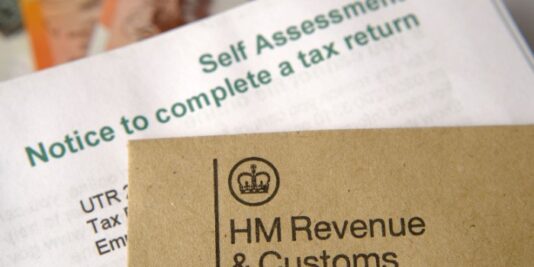Can you sell power back to the National Grid tax-free?
Photovoltaic (PV) systems like solar panels harness energy from sunlight and convert it into electricity, which you can use to power your home or business.
Generating renewable electricity instead of relying on an energy supplier can help to reduce your energy costs. The Energy Saving Trust estimates the average household could save £455 a year by installing solar panels on the roof.
If you generate more electricity than you need, you can sell the excess back to the National Grid, converting the extra energy into extra cash.
With energy prices remaining high, now could be a great time to install solar panels on your property, generating your own energy and selling the excess back to the Grid – but you should be aware of the rules, including potential taxation.





